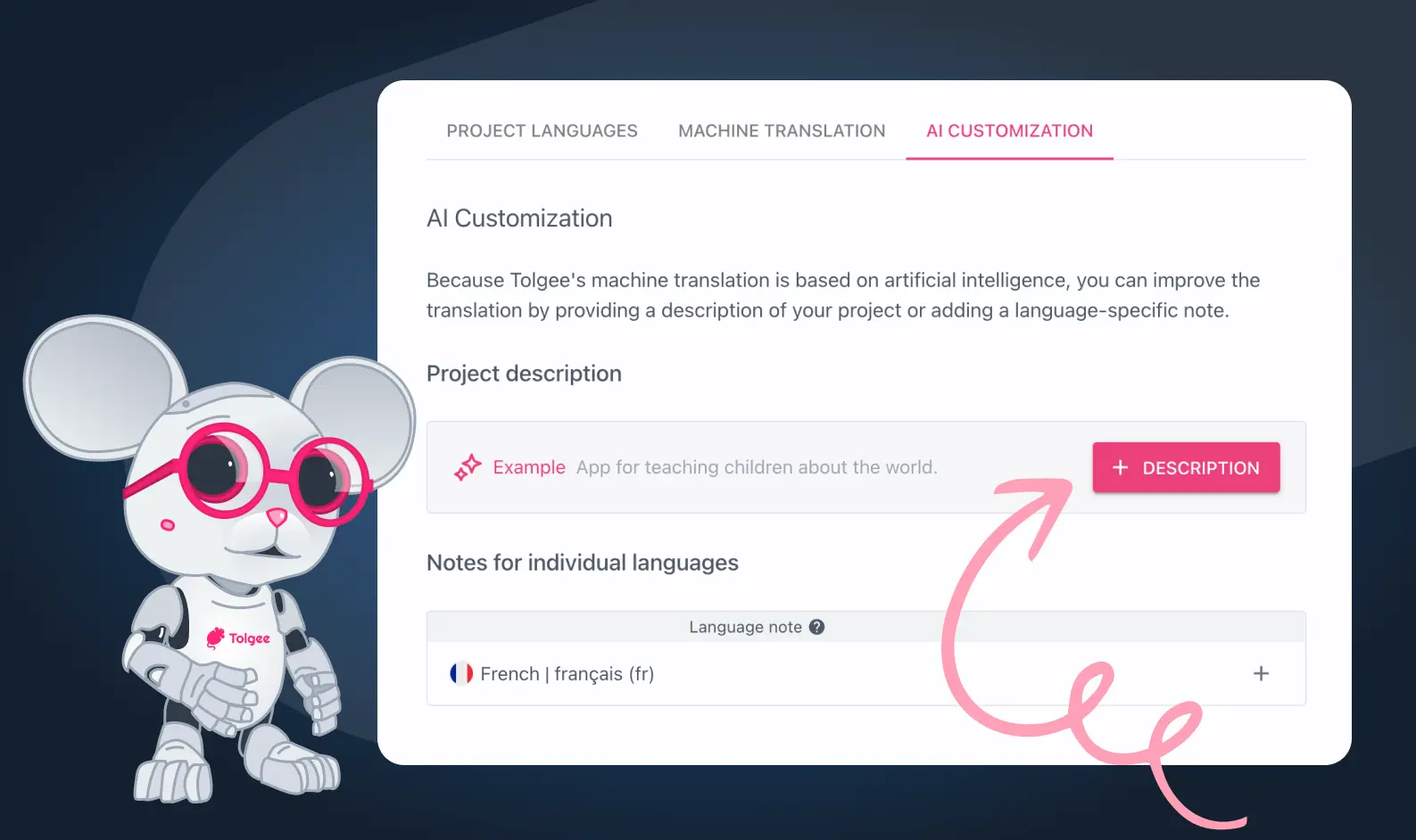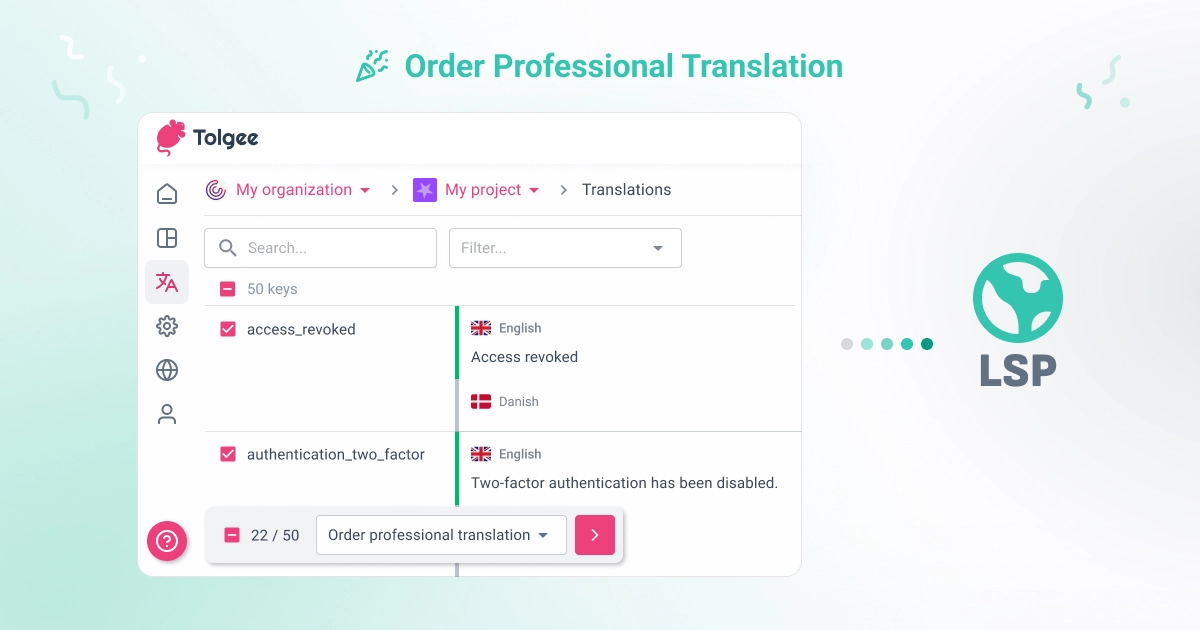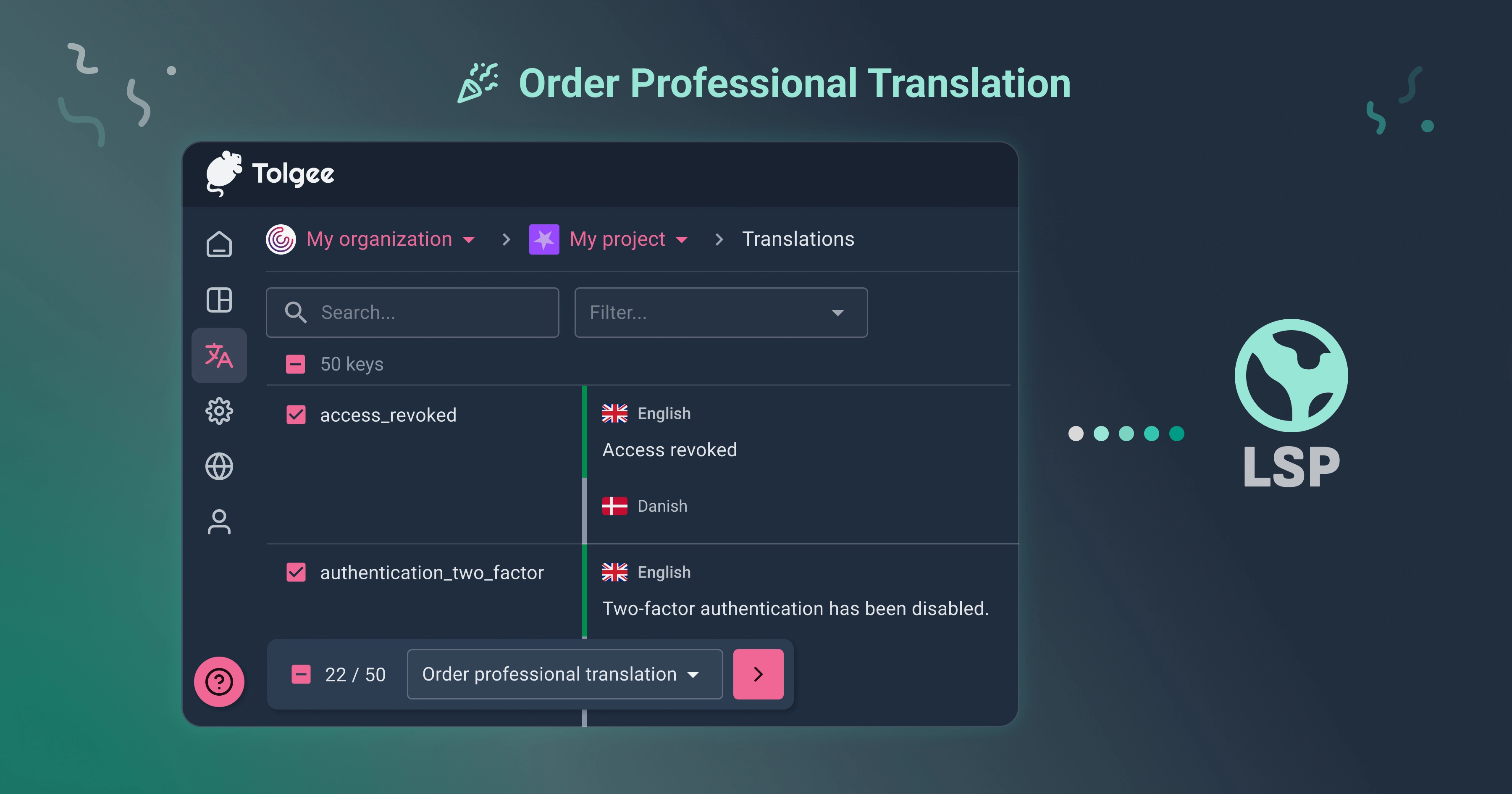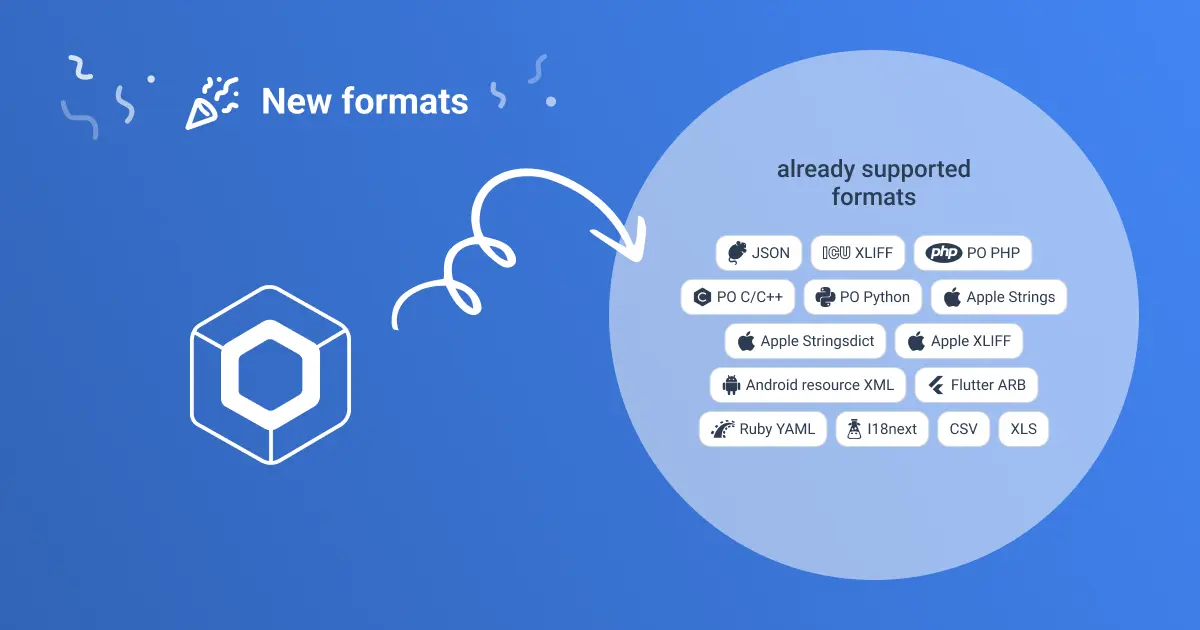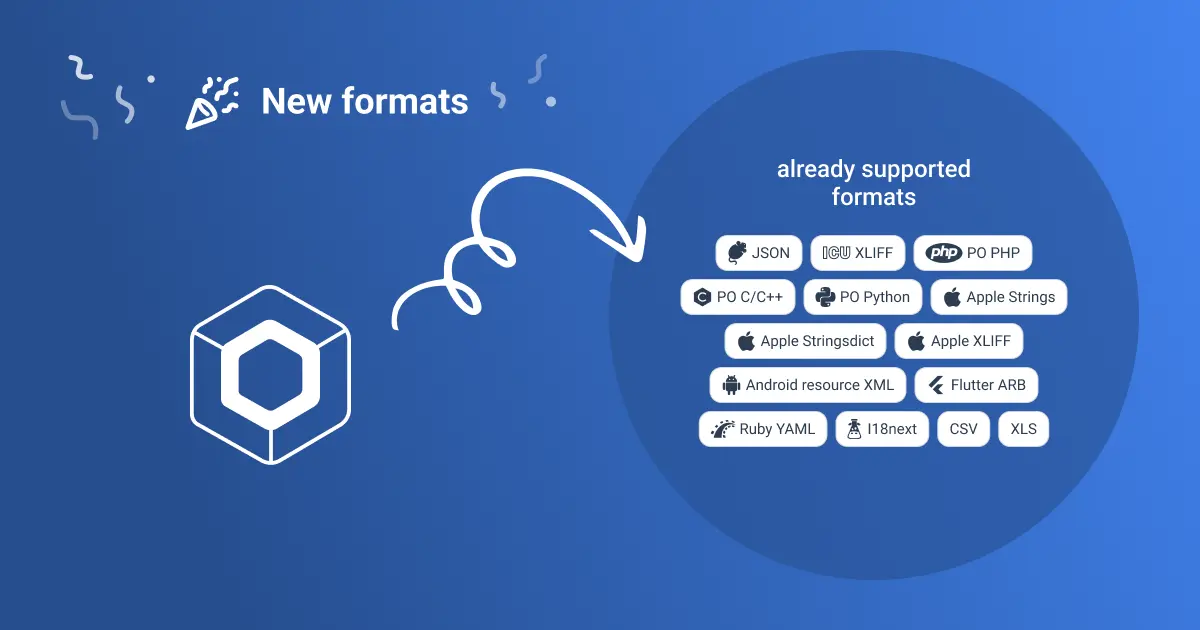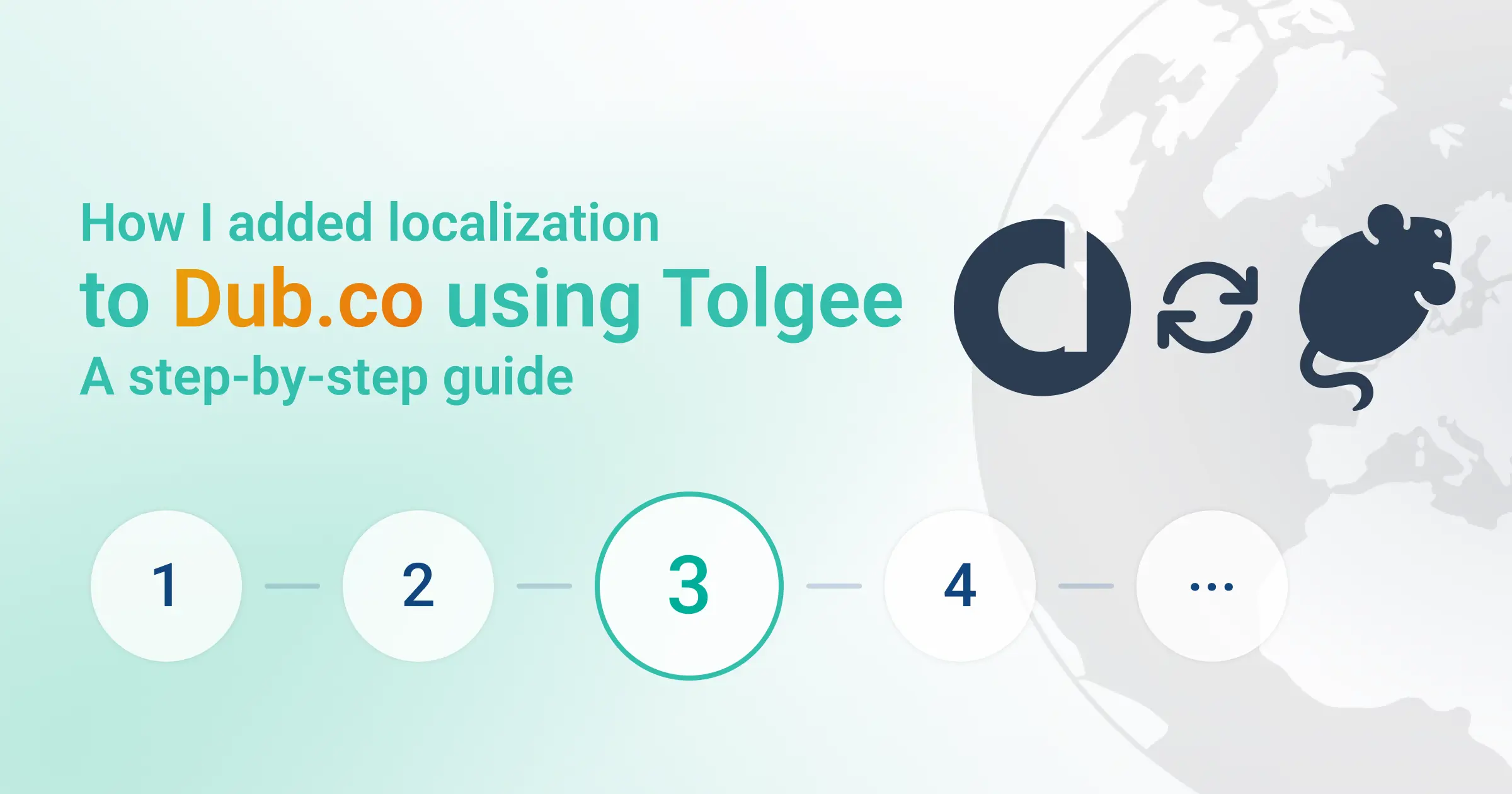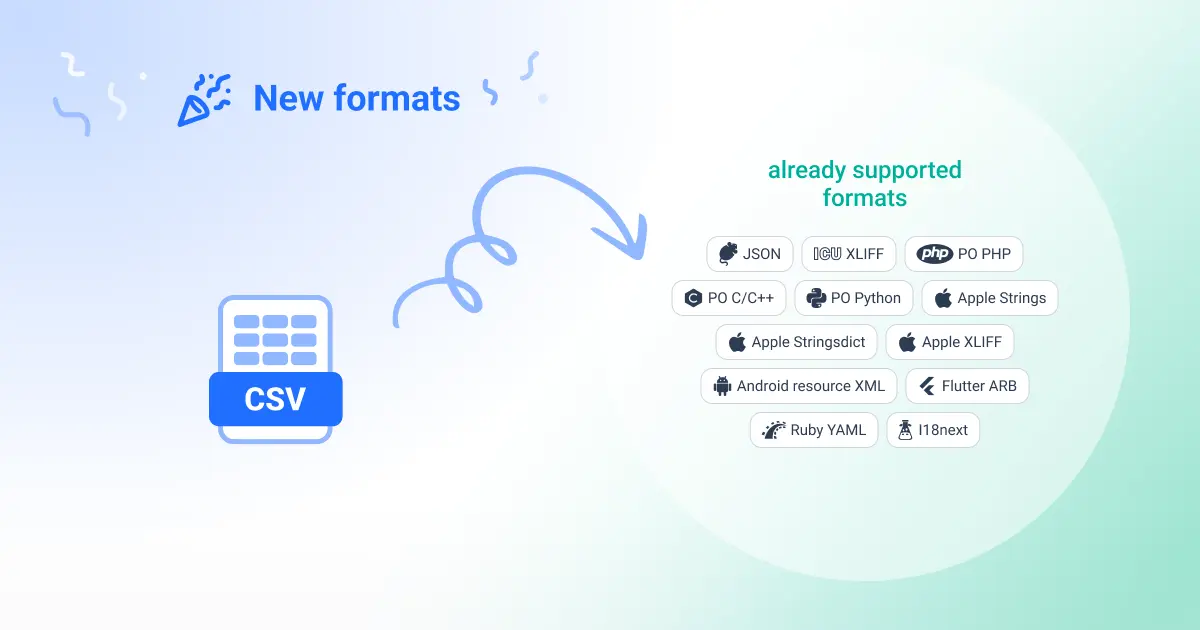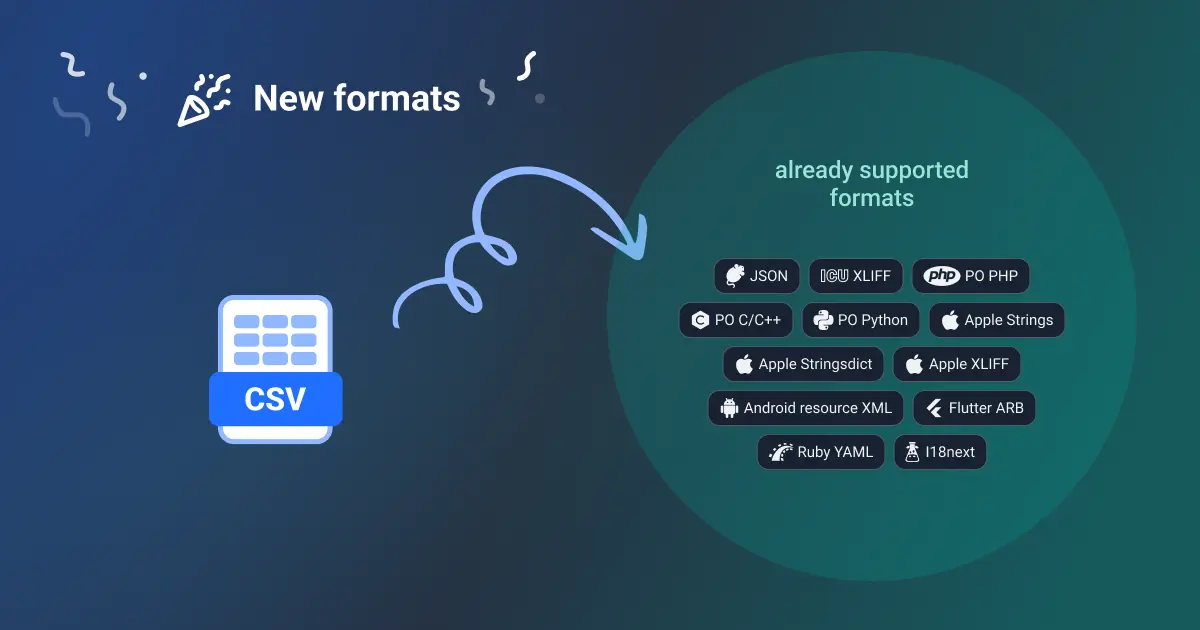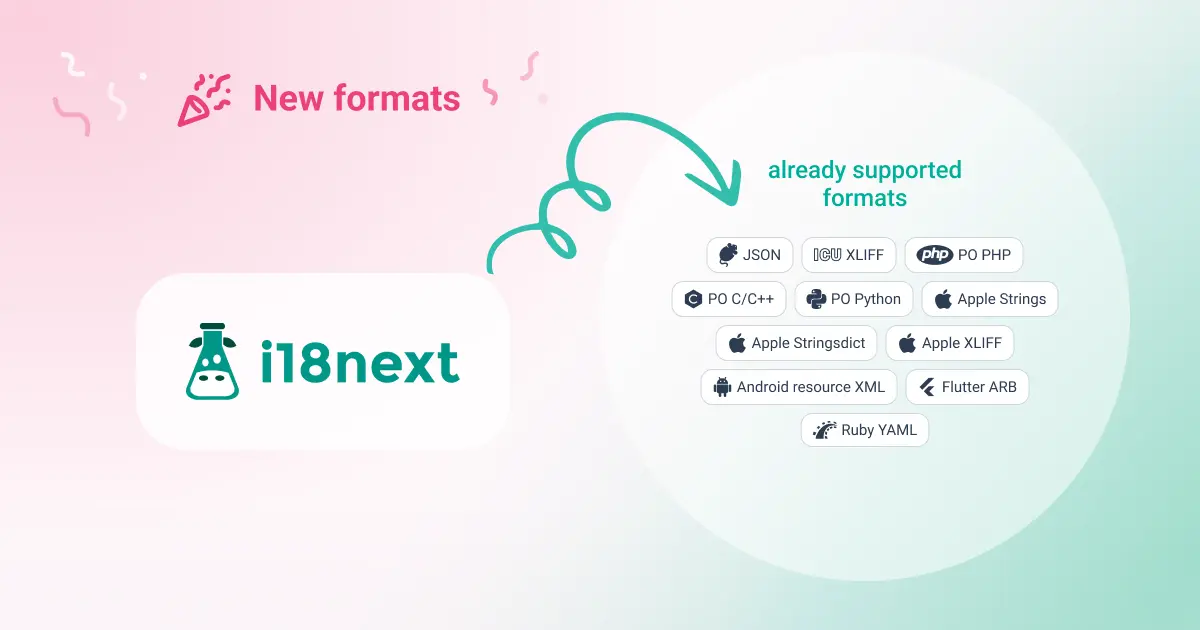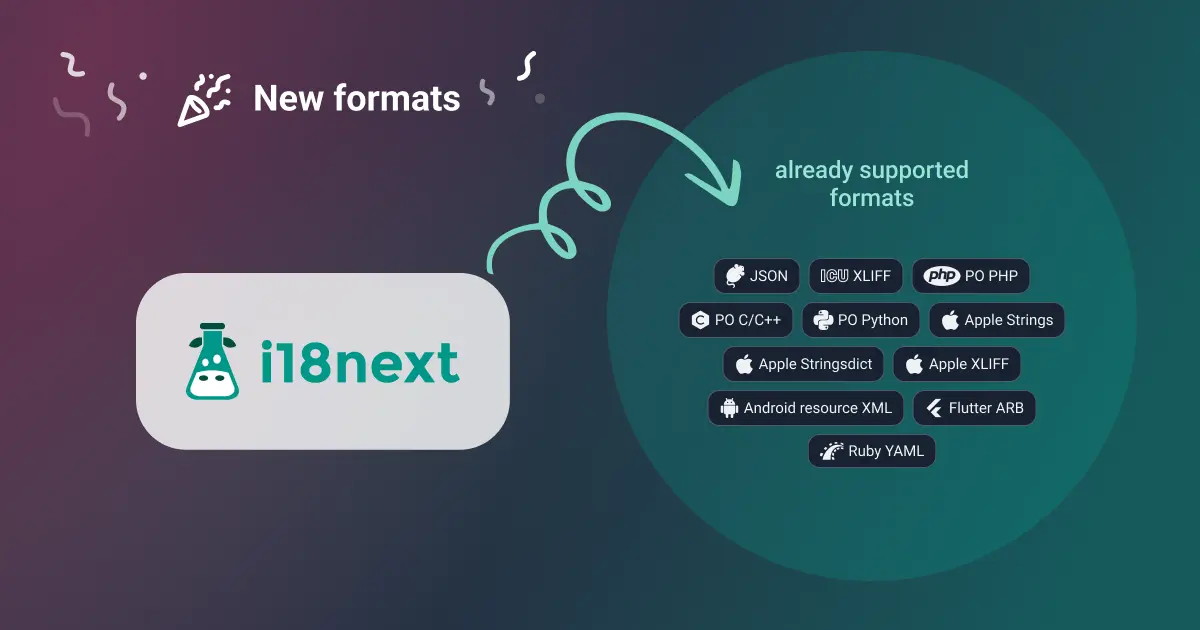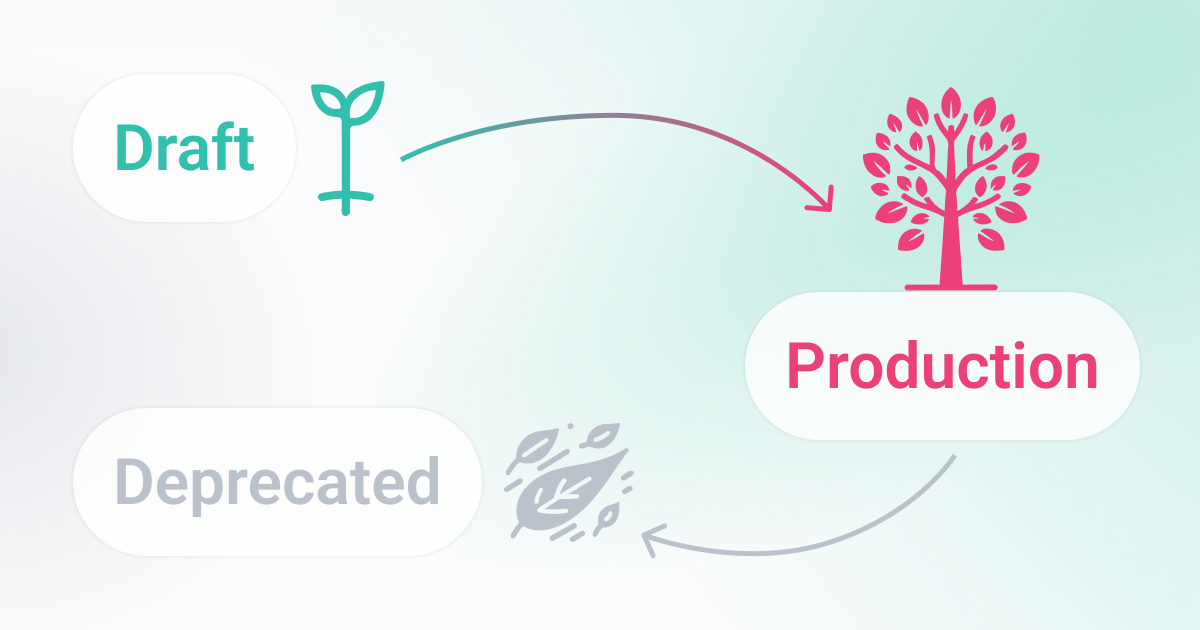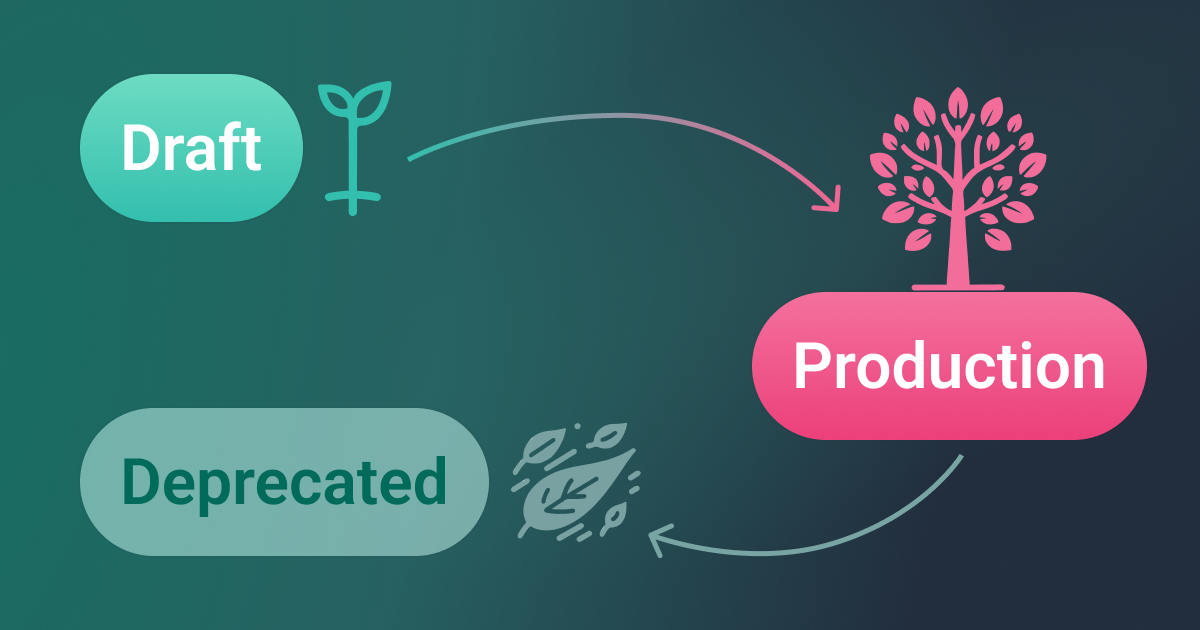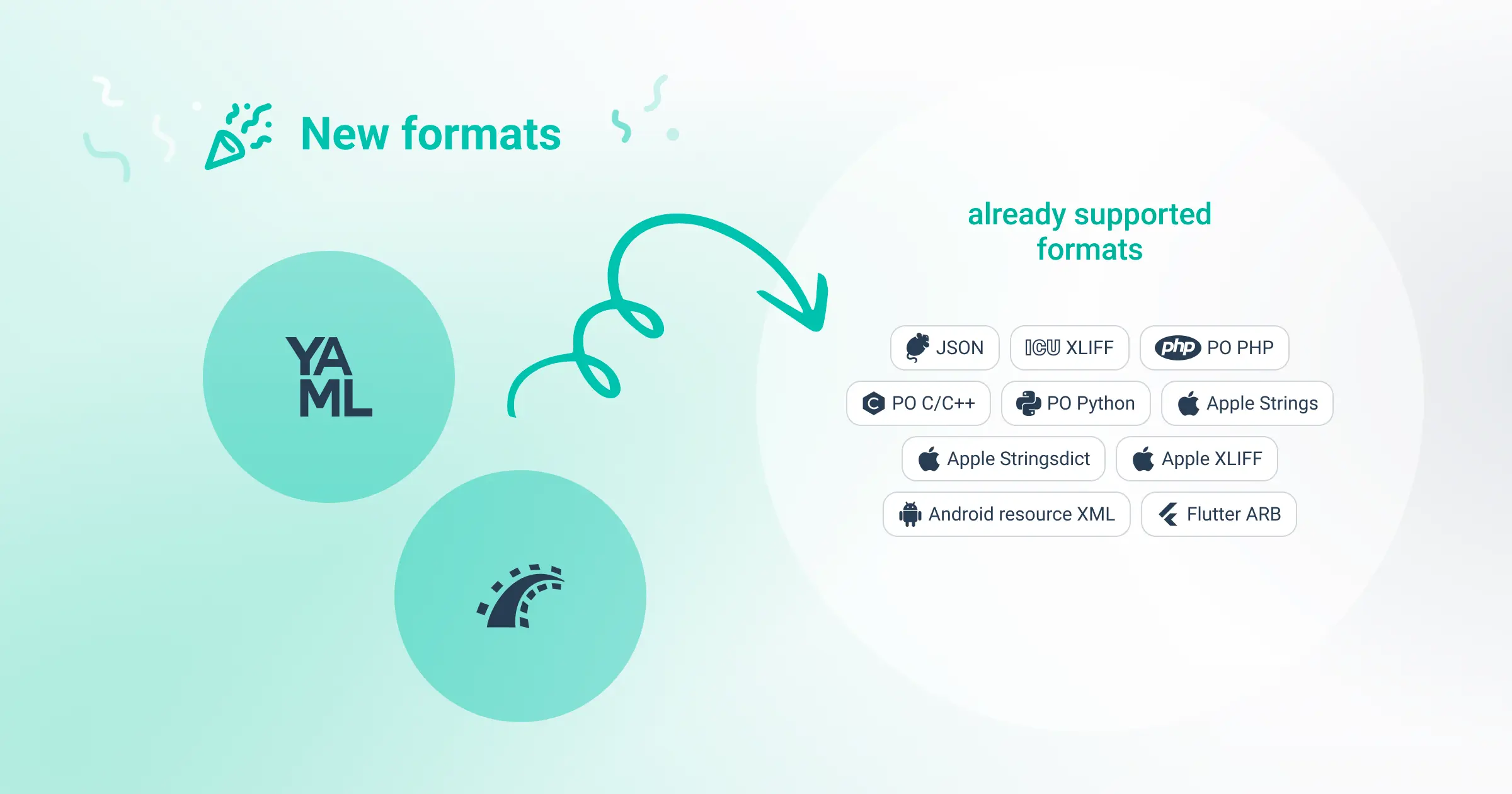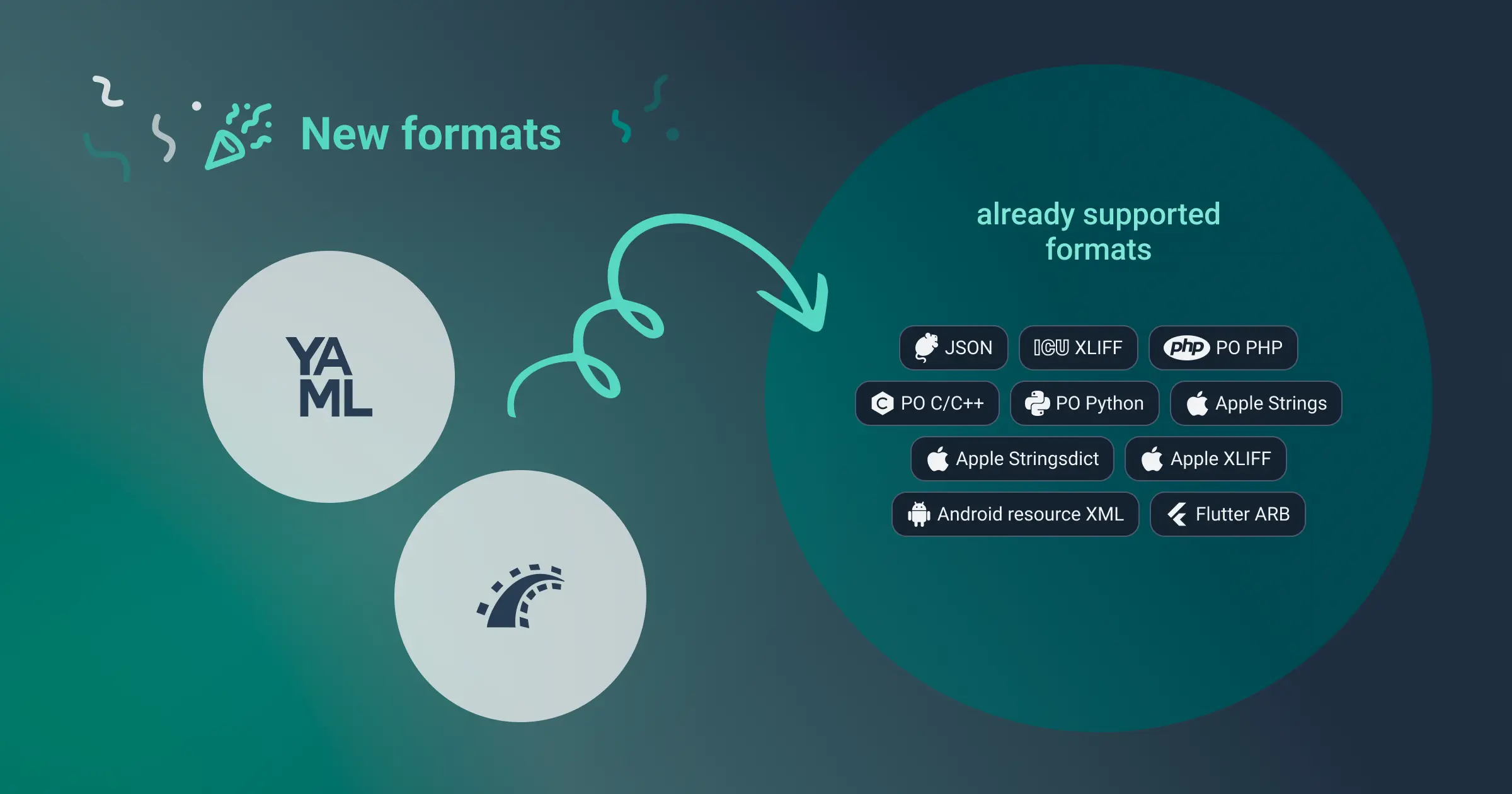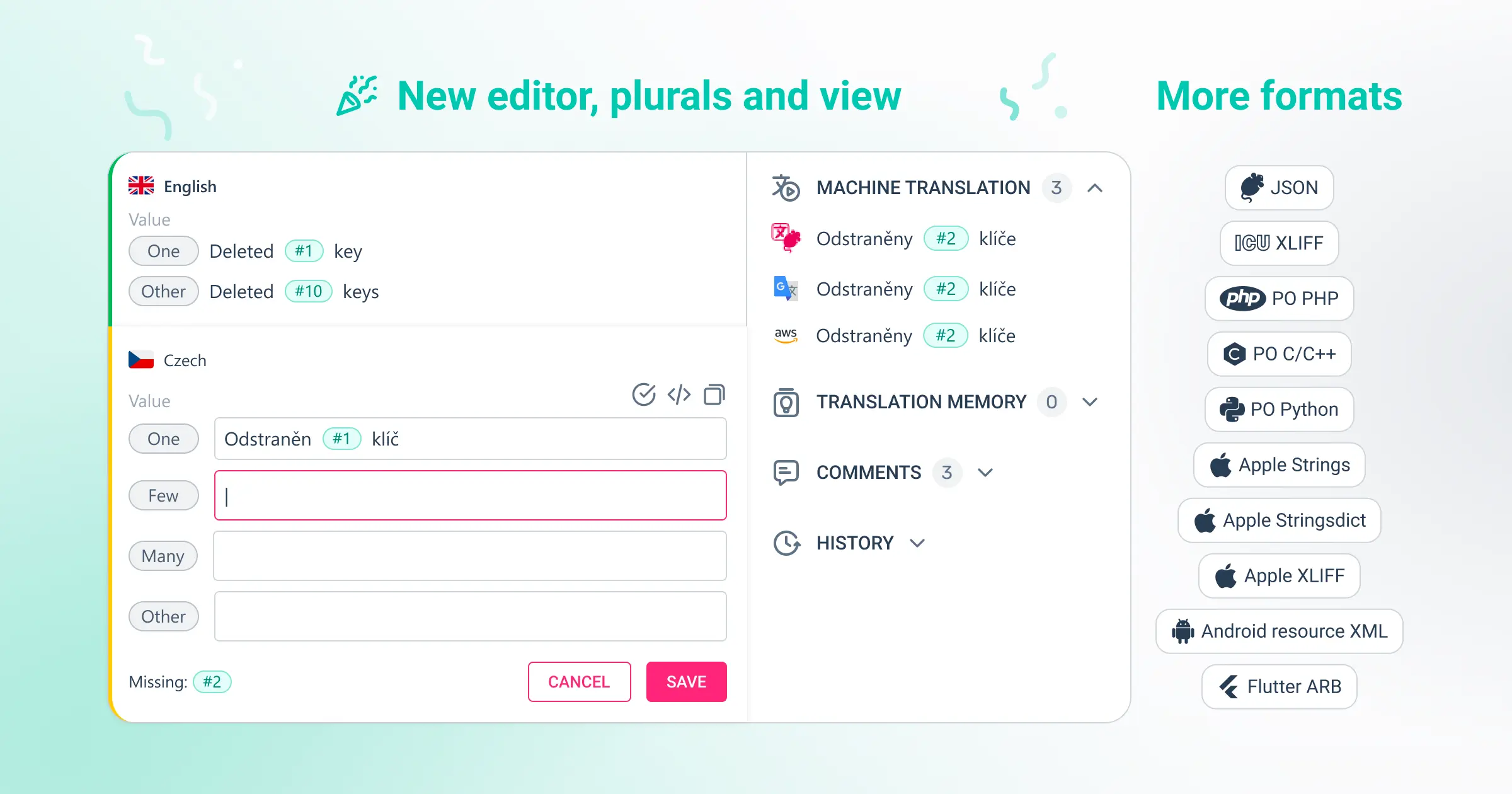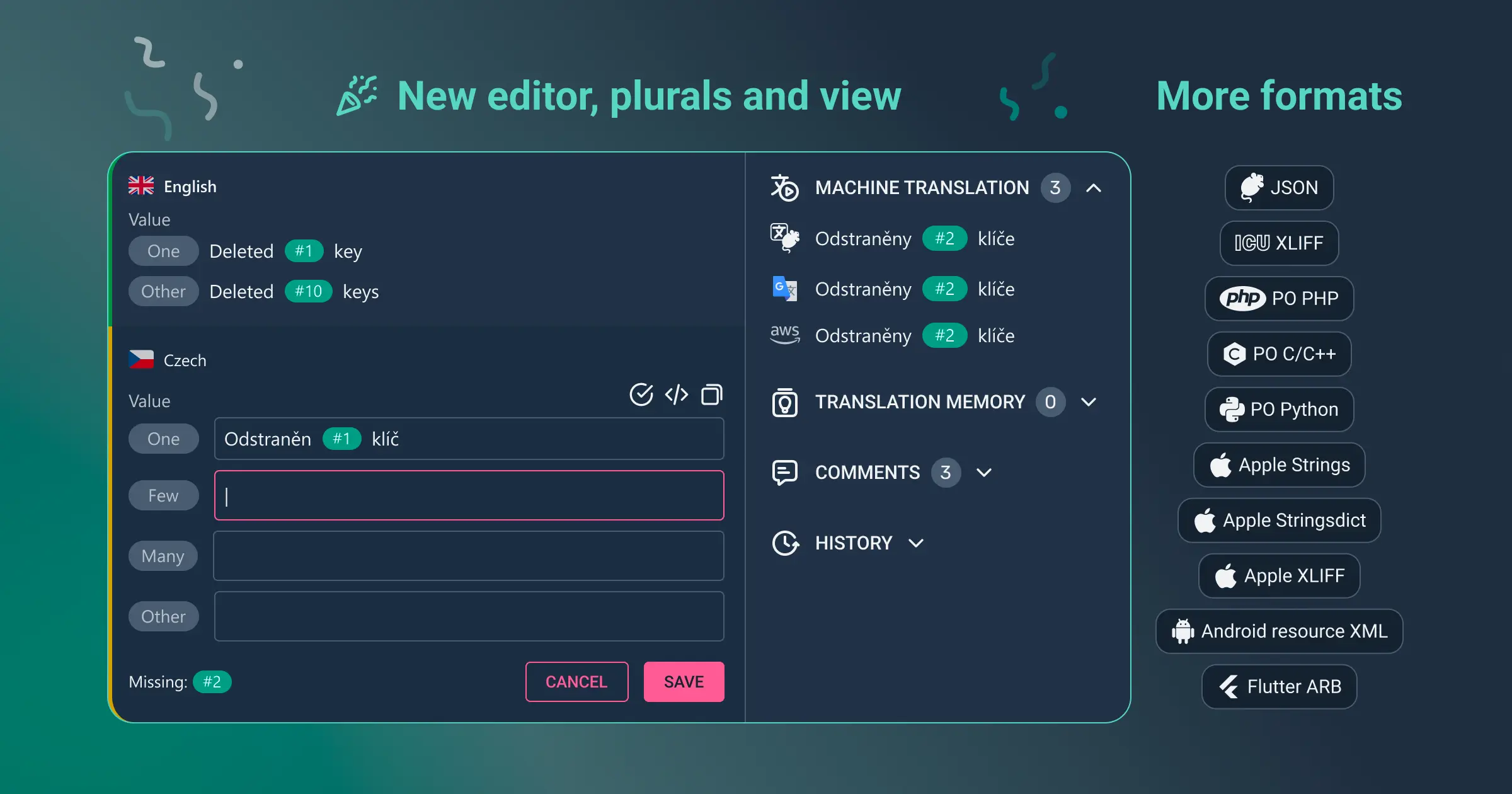In June 2023, we released our own Tolgee AI Translator.
It doesn't ignore context like other traditional machine translators, which makes it great for translating
especially short texts. Tolgee Translator understands the context of the strings used in your app: that's why
it can provide the best results.
Throughout autumn 2023, we refined the translator further, including, for example, the language formality feature.
And now, we are taking another step closer to the autonomous software translation,
adding a couple of new features, which make the results of Trolgee Translator even more accurate.
We're excited to announce the release of a new feature, AI Translation Customization,
so you can improve the translation by providing a description of your project or adding a language-specific note.
